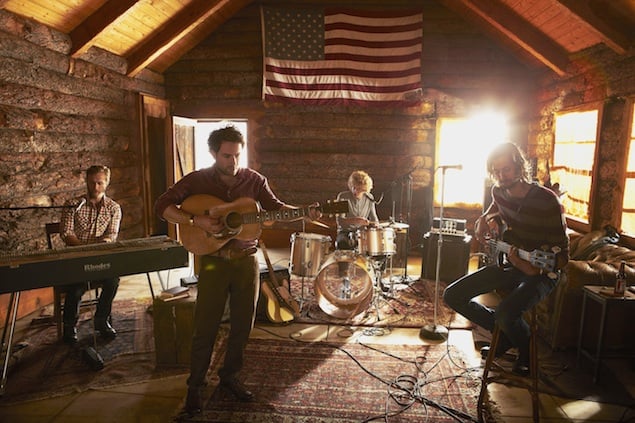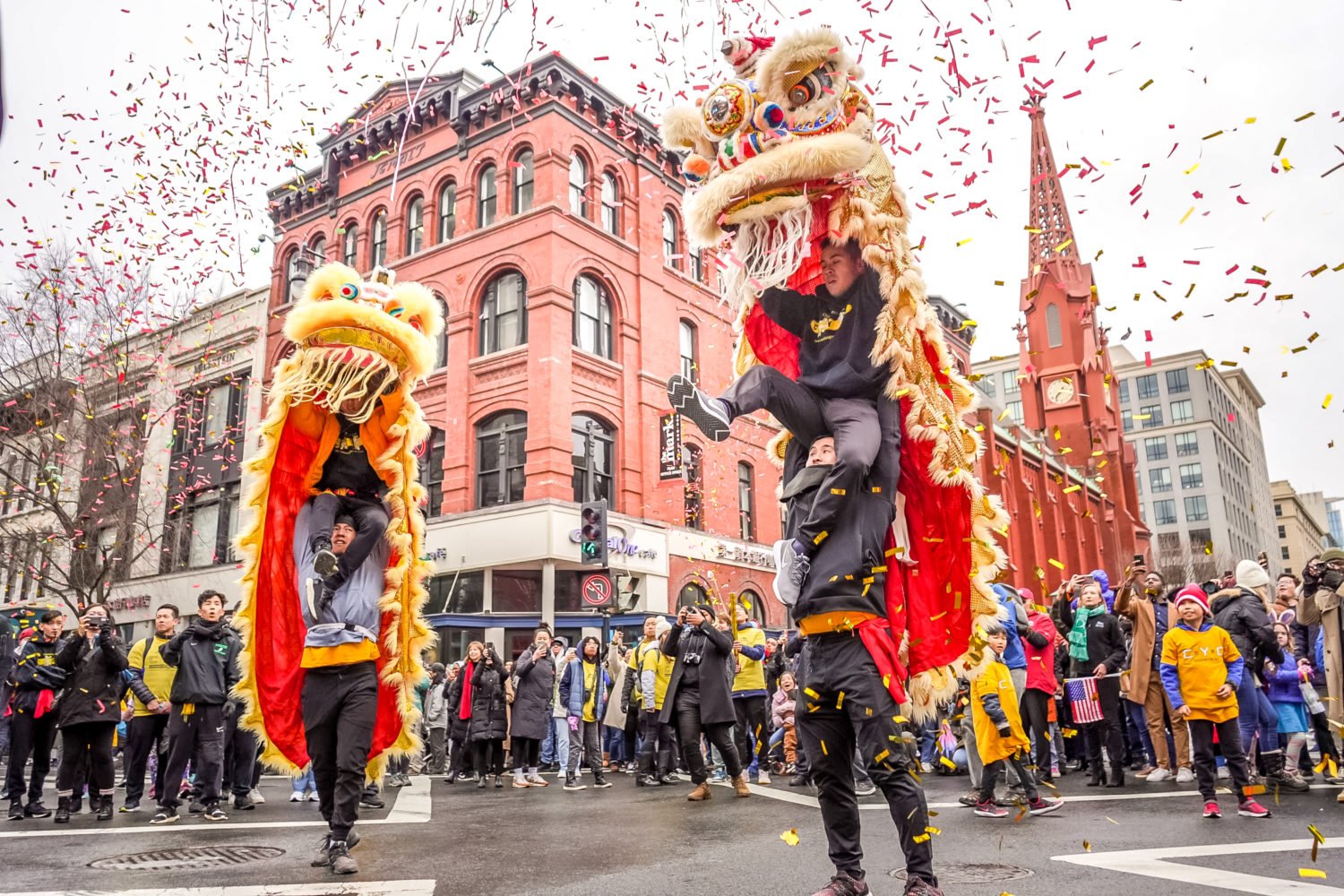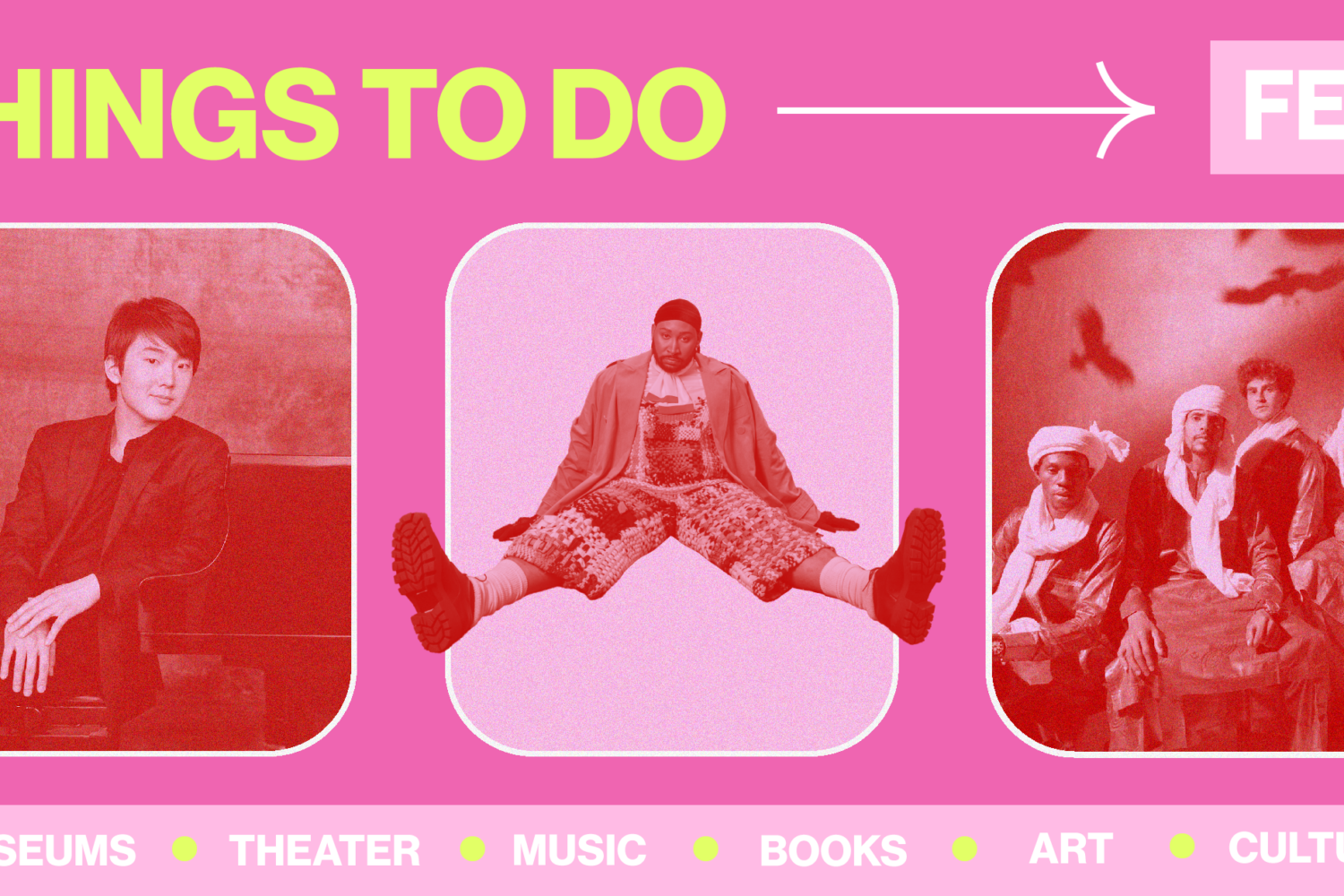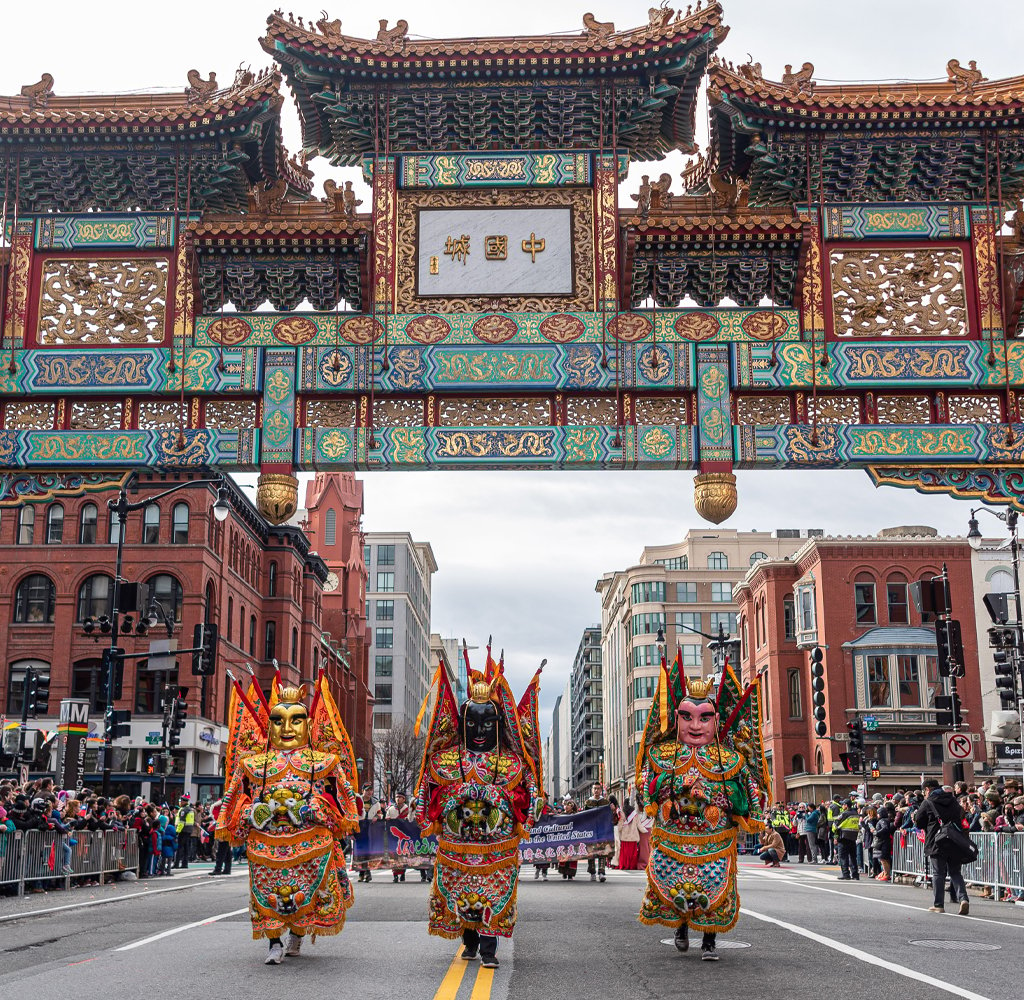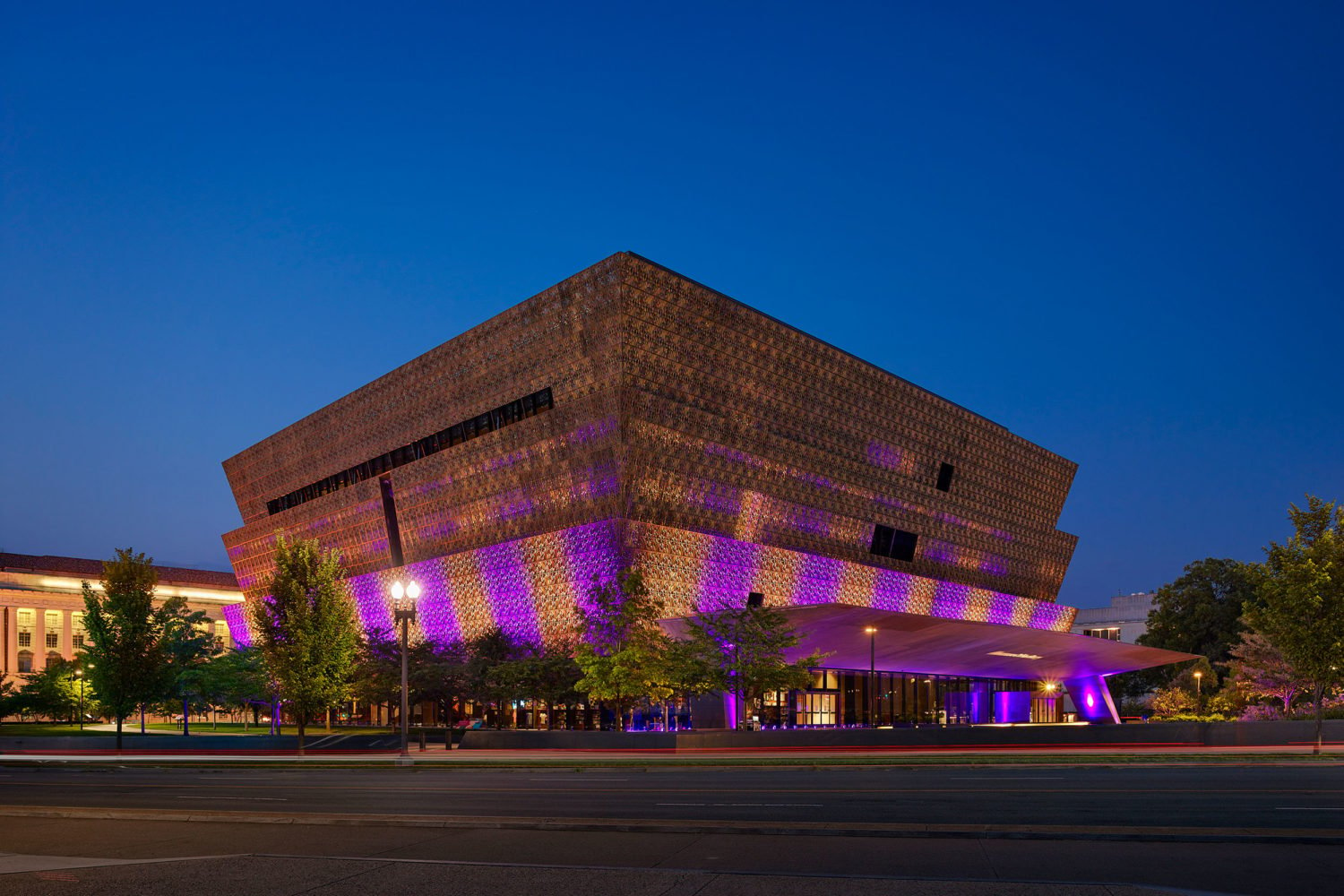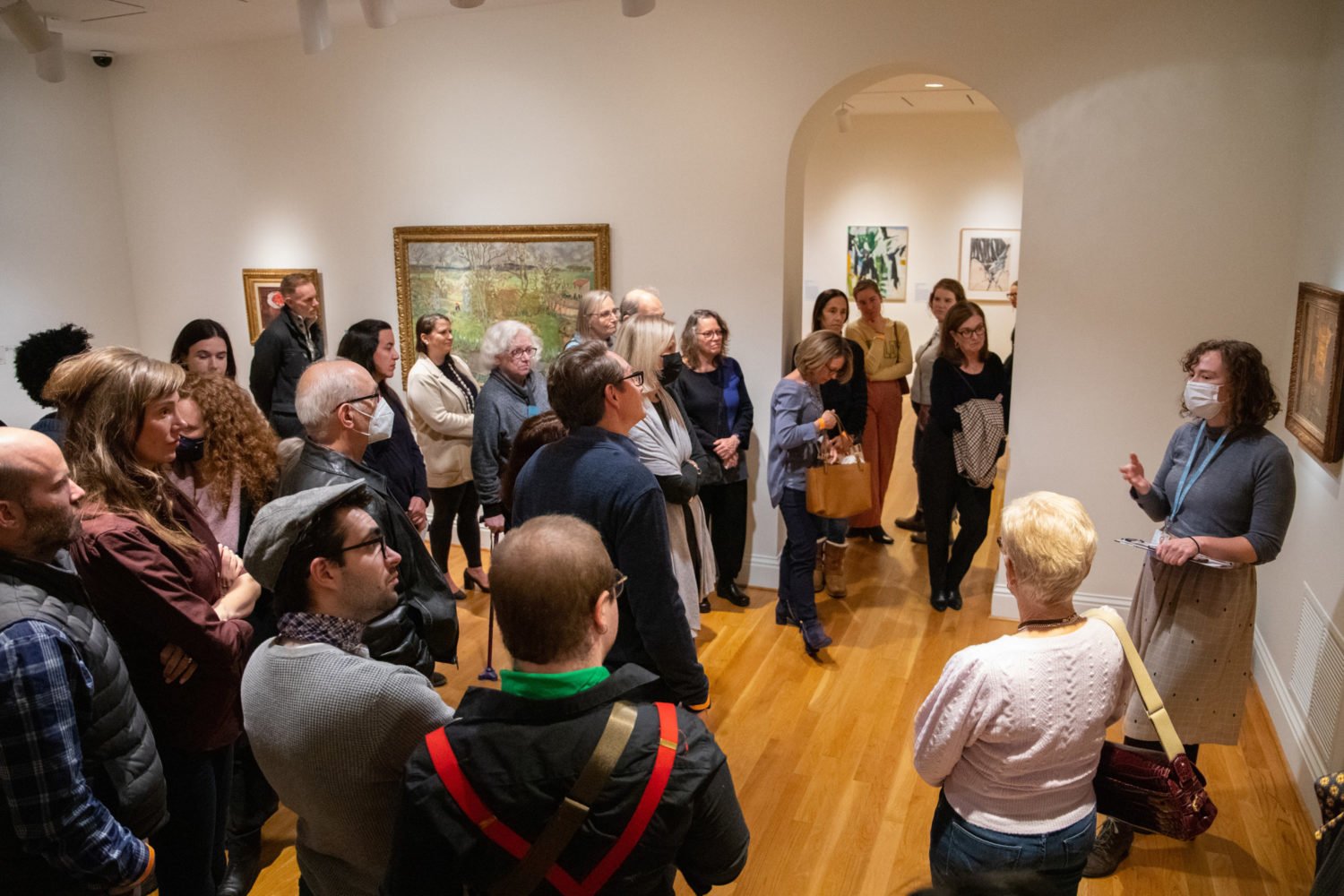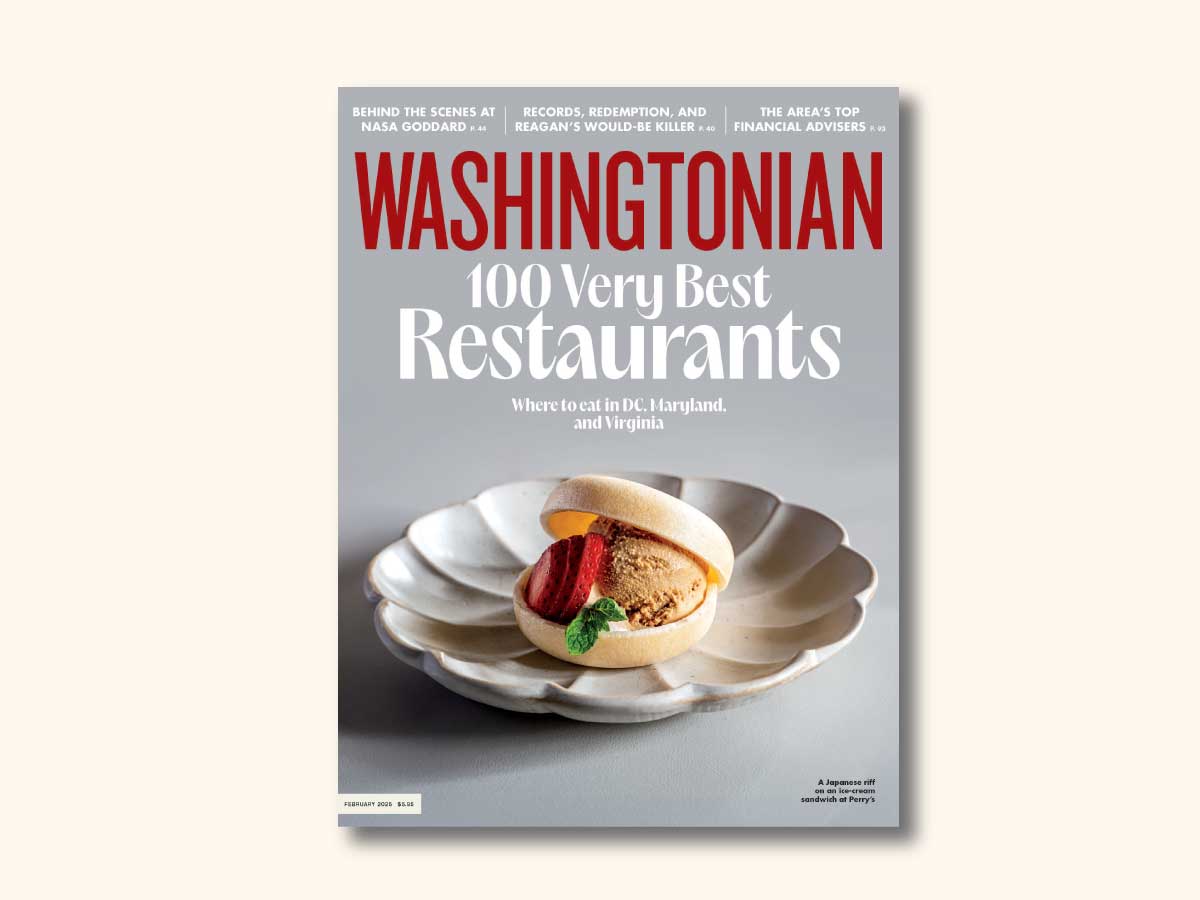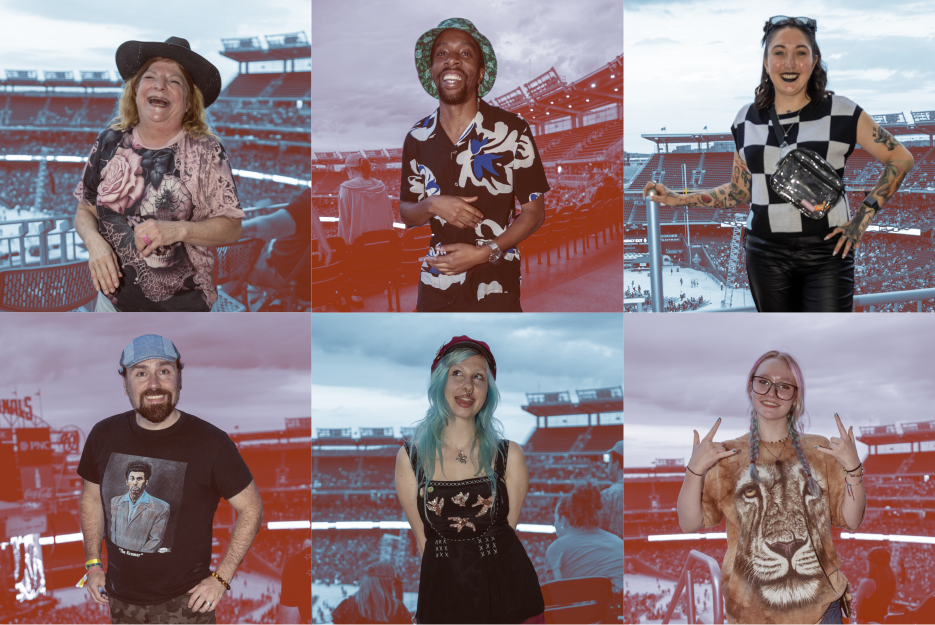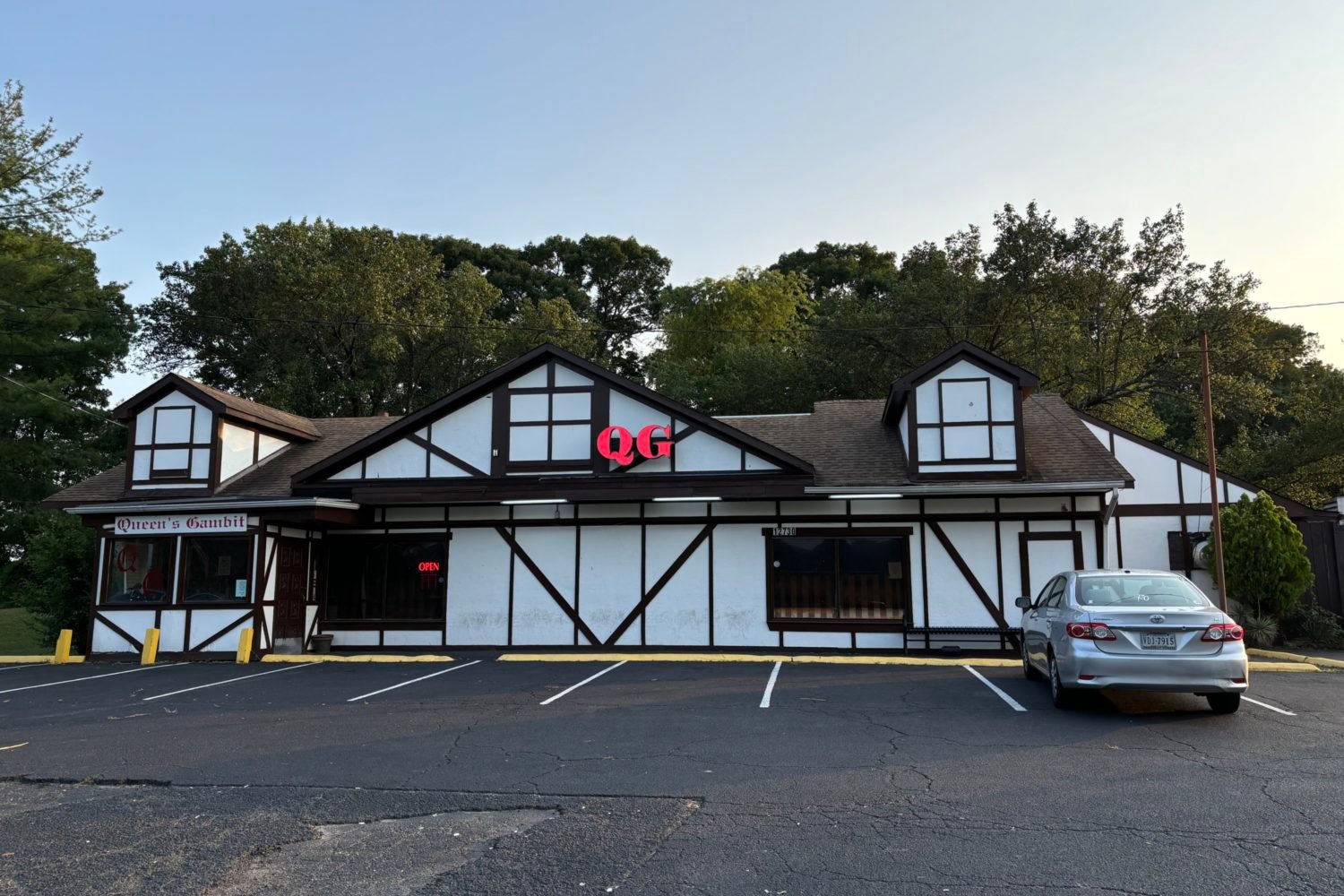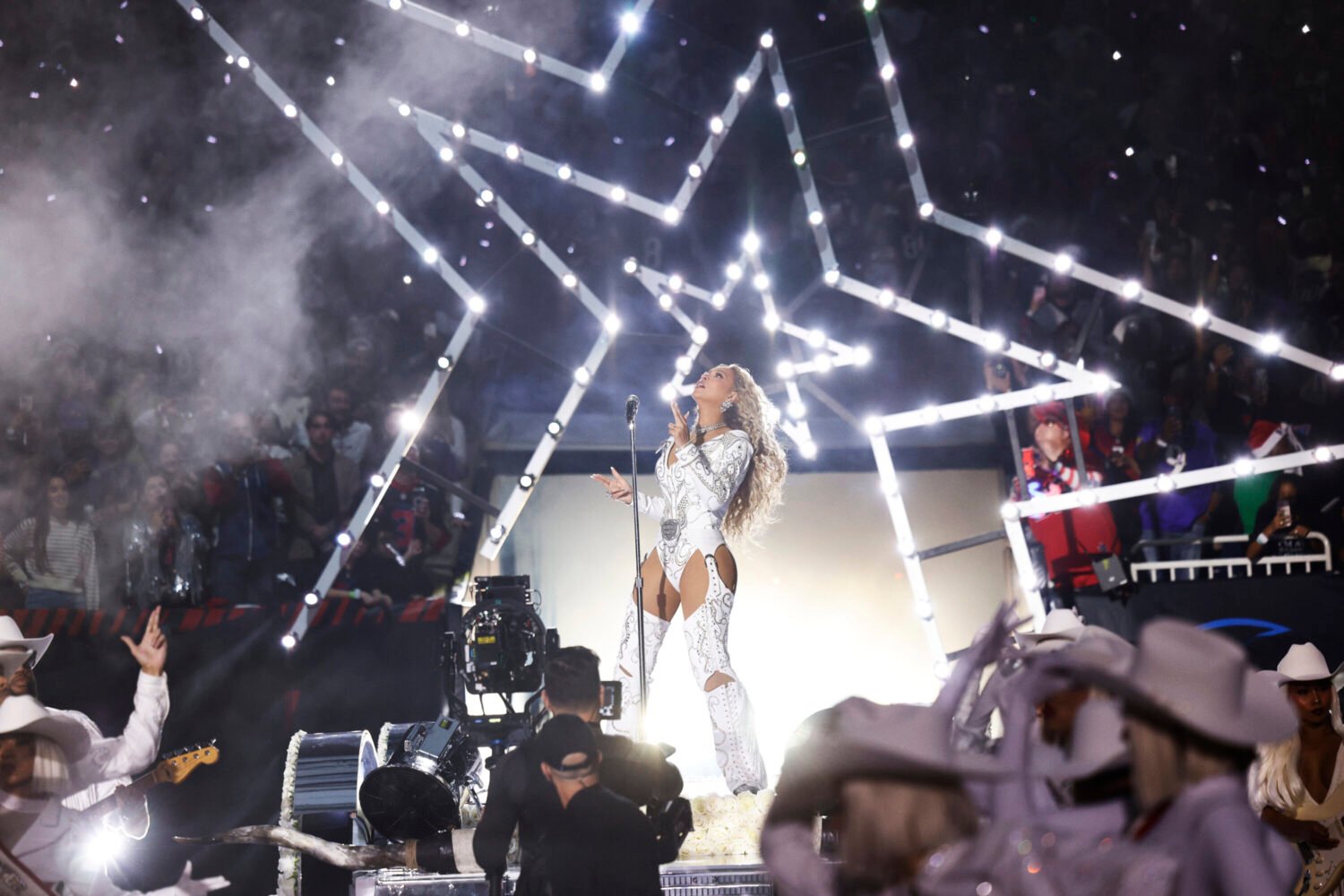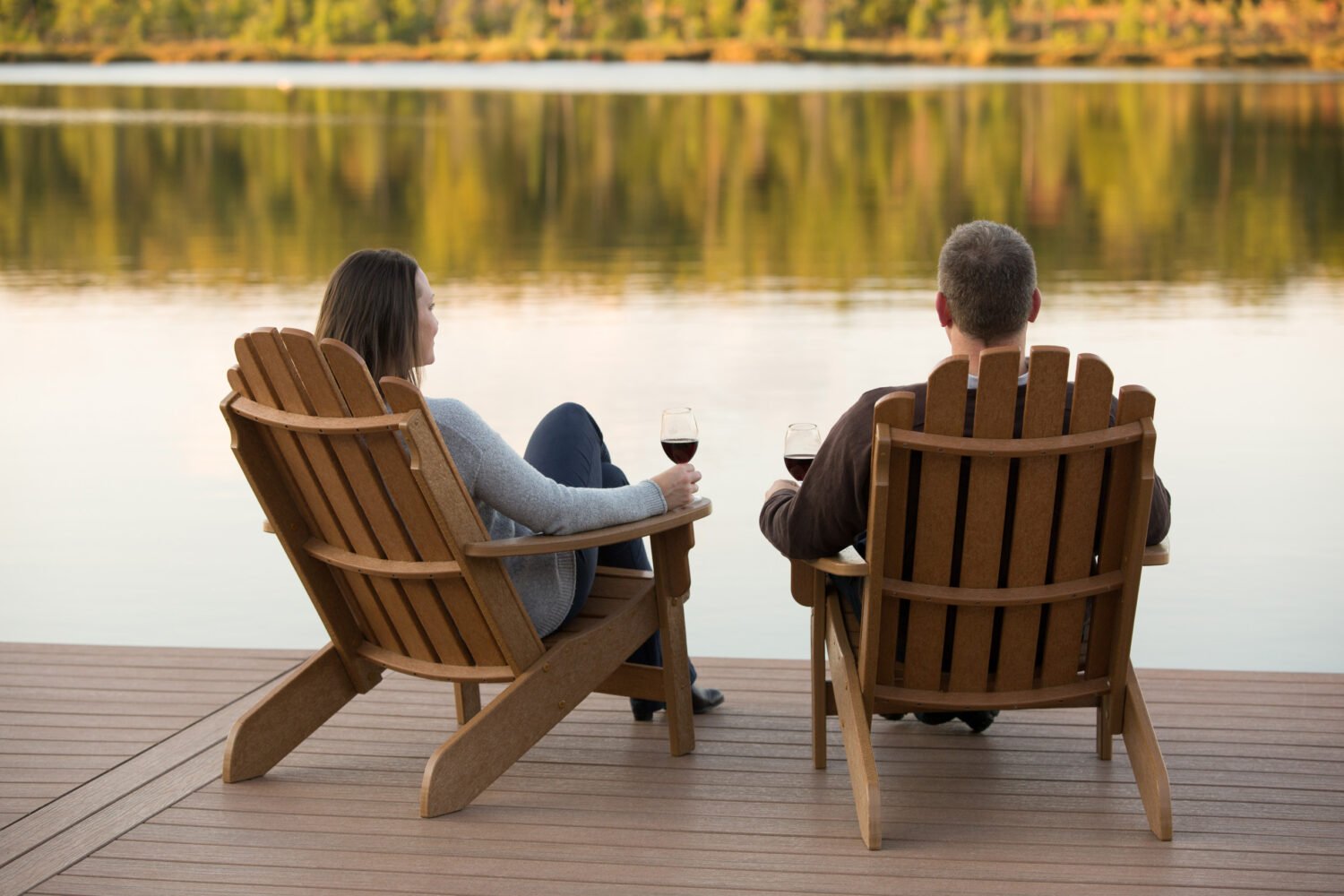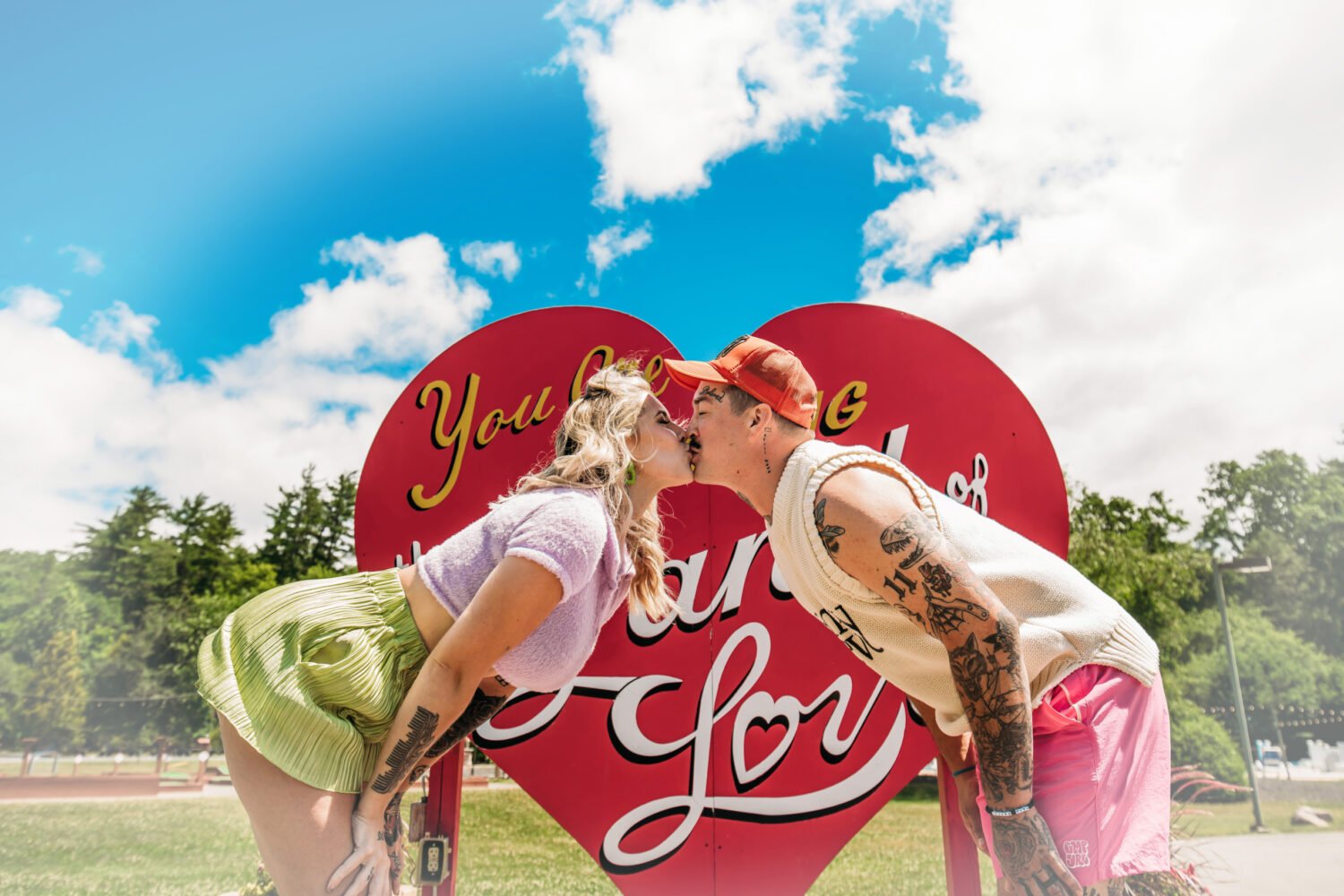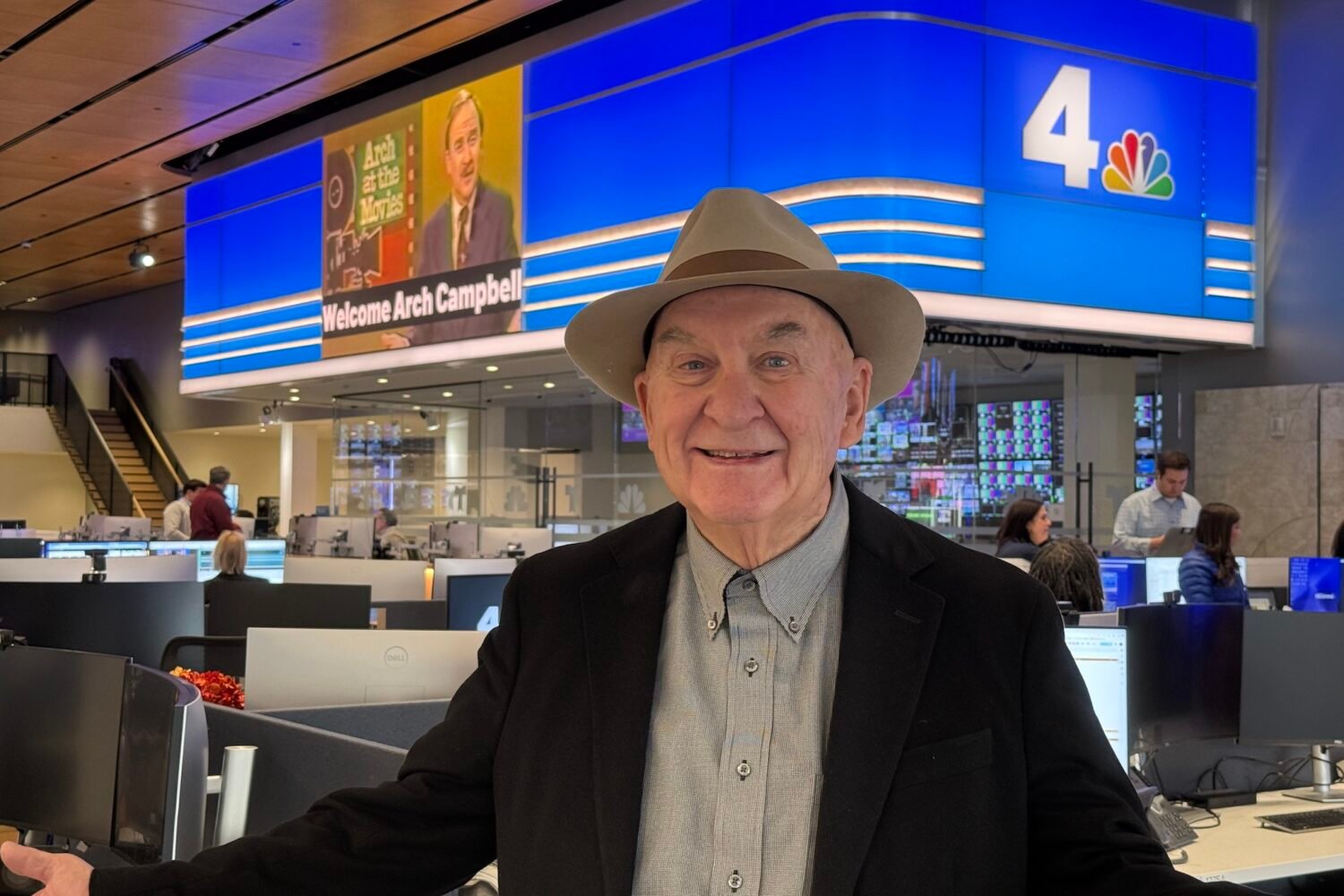For a band that’s only been around for about three years, Dawes have accomplished a lot—and if you don’t believe this, ask
the Band’s
Robbie Robertson, who hand-picked the Los Angeles foursome to be his live backing band on tour. The legendary musician fell for Dawes’s soulful,
folk-inspired sound made famous on their debut,
North Hills. The release of last summer’s
Nothing Is Wrong means Dawes now have two albums strapped firmly under their country-rock belts, each tinged with their vintage sensibilities.
Thoughtful lyrical content penned by vocalist
Taylor Goldsmith adds a delicate touch: He expresses each word with a mix of smooth, soaring vocals and rock-and-roll gruffness.
Keeping the rhythm on each song is 21-year-old drummer
Griffin Goldsmith, the younger brother of
frontman Taylor. As a teenager, he joined the band in a somewhat
haphazard move that today has taken
him everywhere from Occupy Wall Street rallies to the small
screen.
We chatted with him as he prepared for the band’s second tour
this year, which will include a pit stop in DC at the 9:30 Club
this Friday.
You’re currently touring for your second album,
Nothing Is Wrong. Can you tell us about how you chose the name of the record?
We’ve been touring the album for almost a year now, and it’s named after a lyric in the song “So Well.” We thought it summed
up the overall sentiment of the record, and I think it really speaks for itself if you listen to that song.
What was the writing and recording process like?
My brother writes all the songs and usually brings them to us as folk songs on an acoustic guitar, or sometimes he writes
them on piano, and then we arrange them as a band. Our recording went really quickly; we got it done in a month.
You guys have gotten a lot of praise for your lyrics. Does all of that come from Taylor?
All of it comes from him. He’ll bounce ideas off of us and we tell him what think, but he does all the lyrics.
Was there anything he wrote on this record that you were particularly blown away by?
The last song we recorded, “A Little Bit of
Everything.” He hadn’t finished it, and we were uncertain whether or not
we would
record it. But as soon as he played it, we all really wanted
him to finish it because we thought it was such a great addition
to record. It’s one of my favorite songs he’s ever written.
What’s it like being in a band with your brother?
We have very similar tastes and ideas. Having grown up together, we’ve been performing together forever. We get along really
well, contrary to what I guess happens in other bands historically.
Did you ever think you’d end up in a band with him? How did it all happen?
You know, he was in a band before I even graduated
high school, and they were touring. I was playing drums, and the drummer
for his band was considerably older—he was my drum teacher—and
he made it clear he didn’t want to tour for that long. I don’t
think there was ever a conversation about it; no one came up
and decided explicitly that I was going to be the drummer. But
it happened naturally after I graduated, and then that band
kind of dissipated. Then Taylor had a group of songs he was working
on, and I moved out to the Valley where they were living and we
started to arrange them [as Dawes] and started playing shows
around town. It all happened quite naturally.
How old were you?
I was 17. I’m 21 now.
What kinds of things would you and your brother listen to growing up?
Lots of R&B, lots of Stax/Volt—my dad is a big
fan. Lots of soul singers. Just anything to give us a sense of what
great songwriting
is. As a drummer, I was growing up listening to a lot of stuff I
was trying to emulate at a young age.
What’s the drum arrangement you liked best on the album?
I like all of the performances on “So Well.” I thought
that was a good take, and there’s nuance in that take that makes it,
to me, sound like something classic—something I’m proud of. If
you listen to that song, each player has a unique voice and
unique style that really comes through well.
You guys are compared to a lot of vintage bands and old-school rock. Is that something you tried to move away from or embrace
on this record?
We don’t really consciously try to move away from that
vintage sound, or vice versa. We just kind of do what we do. It’s
impossible
not to take something from these people you admire and listen
to, who inspire you. I think that connotation comes from the
fact that we listen to music that’s primarily older stuff. We
listen to new music, too, but it’s primarily what people would
call vintage. And that just makes its way into the way we play
and write. But I feel like once you’re doing something with
anything in mind other than what sounds good and works best
among whatever group of musicians you’re working with, it’s getting
away from the point.
Jackson Browne sings background vocals on the song “Fire Away.” How did that collaboration go down?
We met him through our producer; we were working on
mixing some stuff and he had some equipment we needed. He was there a
lot and was really digging what we were doing—and he’d listened
to the first record. Then we hit this part we thought would
sound cool from him, and we asked him if he’d do it.
You guys also played with Browne at an Occupy Wall Street rally in Liberty Park. Can you tell us about the decision behind
doing that? What was the experience like?
We were flying out there to play some shows of our own
and also a benefit show with him. It was his idea—I actually wasn’t
really informed as to what that movement was until he decided
we were gonna play it together. And I’m glad he did, because
we really did our reading, got caught up, got involved, and
became a part of this thing we’re really proud of.
Were you a fan of Robbie Robertson before being picked to be part of his live band?
Yeah, I was a huge fan. [The Band] were like my favorite band ever. It was incredible. It’s hard to believe that it ever even
happened. I mean,
The
Last Waltz . . . I used to watch it everyday as a kid.
What were some highlights from playing with him?
There was one night—we went to England with him for a
show, and afterward we all hung out, just to have some drinks and
food—and
it was really cool actually getting to hang out with him and
talk about our experiences and how much his music has influenced
us over the years. He’s obviously lived an epic life.
What was he like?
Really, really nice, and just like you’d hope he is. He’s cool—you can tell he’s been doing what he loves forever. He couldn’t
be cooler.
Your career’s also taken you to TV—recently, on an episode of
Parenthood. What did you have to do?
The premise was that the two main characters on the
show opened a studio and they needed a band to record there, and in the
show they heard Dawes were coming to town. So, they came up
with a scheme to bump into us and persuade us to come to the studio.
They set it up as though they were accidentally bumping into us
at a hotel, so it was pretty funny. We were acting as ourselves,
so it was cool. It’s really awesome that they’re musically
involved and have real bands, you know?
Your tour is taking you to DC and eventually to Bonnaroo. How are you feeling about it?
Yeah, we did [Bonnaroo] two years ago, and it’s by far the craziest festival I’ve ever been to. I got to see
Stevie Wonder, which was awesome. And it was one of the first times I got to see bands play in front of these crowds that are, like, 50,000
people.
Can you talk a little bit about your upcoming tour? It starts today. Are you a band that loves being on the road, or are you
more invested in the recording process?
Well, this last year has kind of been a balance.
Before that, we were on the road all the time—about nine months a year,
probably.
And we’re still on the road the majority of the year. But we
need to have time at home to write and arrange—at least for this
record it’s been like that. Taylor needs time at home by
himself to get into a headspace so he can write. And we take whatever
time we can to arrange, and we’re excited to get another record
done, but it’s the same cycle. If you’re not recording, then
you’re touring; if you’re not touring, then ideally you’re
recording or getting ready to record.
What side of it do you like better?
It’s hard to say because I’ve spent a hundred times
more time on the road than I have in the studio. But any time I have
spent
in a studio I’ve loved—either with Dawes or someone else. It’s
an entirely different thing we’re really unfamiliar with, so
I’m excited to get more involved with that side of our careers.
Growing up, did you think you’d be playing drums for a living?
Around the time I was 12 years old, I was really into
baseball and music. I played piano first. And I realized I wasn’t going
to be a professional baseball player. So I decided to quit and
started playing drums full time. It’s definitely a hard dream,
but there’s nothing else I feel adequate at doing other than
playing.
Do you think you would have wound up with the same career if your brother had done something other than music?
Definitely not. The majority of our success comes from
the fact that he’s writing such great songs. It’s been a slow process.
It’s not like we had a hit song and suddenly were playing in
all these places. It’s taken a lot of time and it’s taken a lot
of awareness and trying to get the music to reach as many
people as possible. It takes a certain kind of listener that’s willing
to put in the time to like our music, but like I said, we
definitely wouldn’t be where we are if Taylor wasn’t writing the
songs he’s writing.
Dawes plays the 9:30 Club this Friday, June 1. Tickets ($25) are available through the 9:30 Club’s website.

